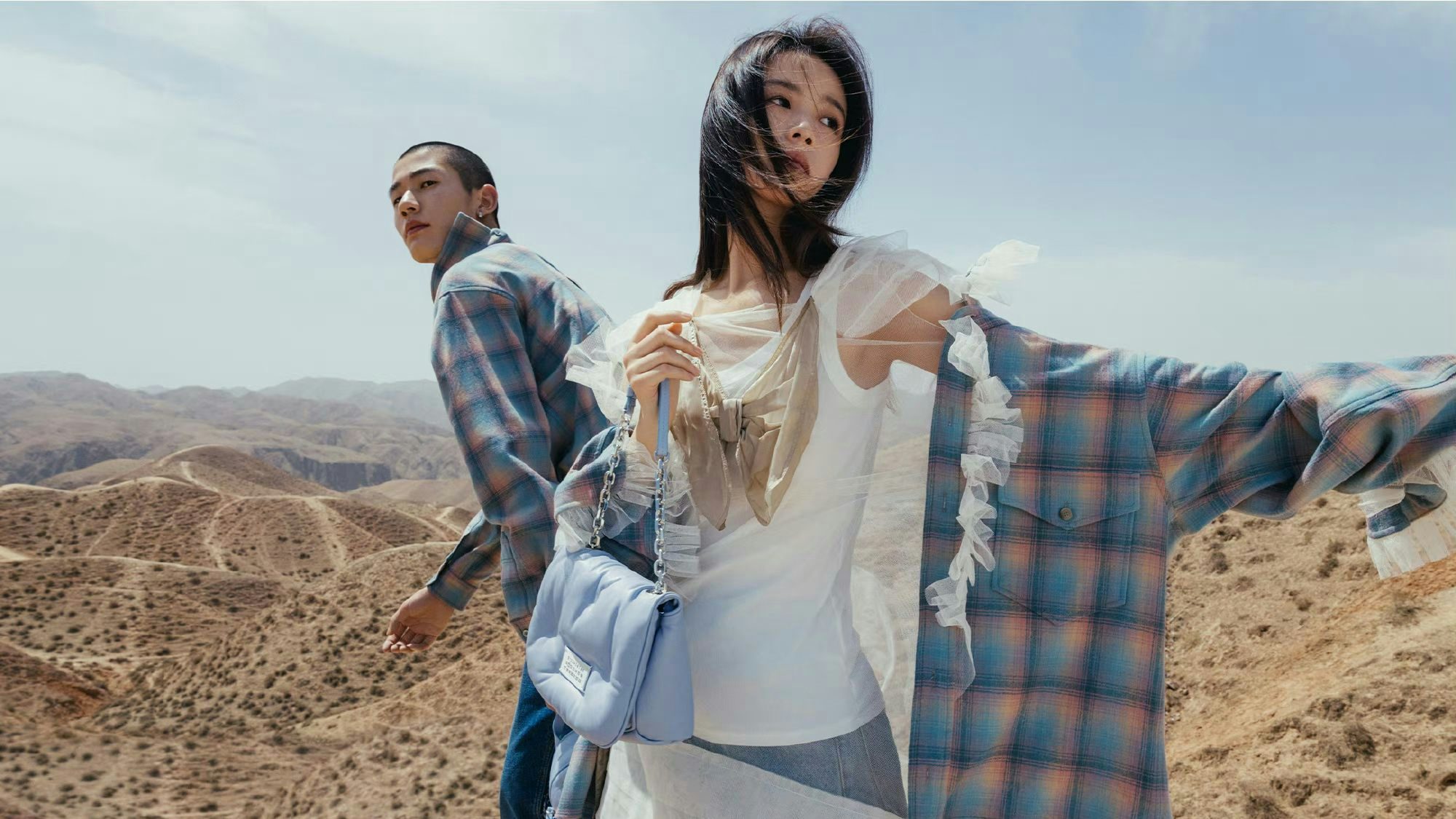While China has many versions of Valentine’s Day, none are quite like Qixi Festival. Falling on August 22 this year, it is the only romantic holiday rooted in Chinese mythology — a bittersweet tale of star-crossed lovers who can only meet once a year.
In fact, 2023’s Qixi Festival saw traditional culture revived as young Chinese sought creative ways to celebrate. Dressing in traditional Han Chinese clothing styles (hanfu), releasing lotus lanterns, visiting museums and ancient temples, and even participating in murder-mystery role-playing games were all activities that the public engaged in to mark the occasion this year, reported the Global Times.
“Young consumers are demanding experiences over products as gifts. This includes fun activities, restaurant bookings, and trips,” says Sory Park, a marketing assistant at market research firm Daxue Consulting. “In response to this, Ctrip, a leading online travel agency, has expanded its offerings to include a variety of experiential products, including customized trips to natural scenic sites and camping grounds, as well as plane and bus tickets.”
Of course, gift-giving was not forgotten. In the lead up to the event, the search volume for “gift,” “present,” and “gift box” increased significantly on Chinese e-tailer Vip.com. Traditional gift categories such as jewelry, skincare, makeup, and perfume all surged — with sales of each on the online discount marketplace rising more than 120 percent month on month.

In particular, orders for gift boxes on Vip.com rose more than 150 percent the week before the festival, compared to the average volume outside of Chinese Valentine’s Day. Cosmetic sets accounted for most of these love-themed gift boxes, making up 22 percent of total sales, reported rival e-commerce site JD.com.
“#
Firstly, gift boxes offer a cost-effective alternative to buying individual products, aligning with today’s youth trend towards value-conscious spending,” says Sophie Coulon, co-founder of digital consultancy VO2 Asia Pacific. “Secondly, gift boxes hold profound cultural resonance. Rooted in Chinese New Year traditions, they symbolize an evolving cultural heritage and encapsulate emotions, aspirations, and blessings.”
Tapping China’s “romance economy,” Vip.com collaborated with 500 brands this year to launch tens of thousands of gift boxes for the event. A week ahead of the festival, Japanese beauty label SK-II saw sales jump tenfold, Chinese personal care appliance maker Flyco’s grew sixfold, and Tokyo-based beauty tech device Ya-Man’s grew fivefold via the e-tailer.
Over on delivery platform Meituan, orders for cosmetics climbed 98 percent year on year as of noon on August 22. The top three beauty retailers with the highest order volume were Sephora, Afiona, and Harmay. Sephora achieved impressive 1,234 percent month-on-month growth by offering instant delivery service during the holiday season.
In addition to gift boxes and beauty products, sports equipment was a hot-selling category. Sales of ski helmets and elliptical machines on JD.com surged by more than 10 times month on month, in line with Chinese consumers’ growing interest in wellness and outdoor sports. Moreover, sales of high-end sports brands jumped 231 percent from last month on Vip.com during the initial promotional period.

“Young consumers are increasingly gifting health and wellness products as they seek ways to support the holistic wellbeing of others and themselves. Covid-19, the aging population, urbanization, and increased health awareness, have further amplified this,” says Daxue Consulting’s Park. “This could also explain why young consumers are leaning more towards sports and exercise equipment.”
According to JD.com’s Qixi Consumption Observation report, different generations of Chinese consumers have different Qixi gift preferences. Consumers born after the 2000s, for example, lean towards buying baseball caps, skateboards and other sports goods.
“Young consumers are increasingly gifting health and wellness products as they seek ways to support the holistic wellbeing of others and themselves."
Meanwhile, post-1990s consumers are more fashion-focused and prefer workwear, cheongsams, and woolen sweaters — sales of men’s sweaters increased a whopping 558 percent versus last month, per JD.com. Those born post-1980s, on the other hand, prefer diamond earrings, gold chains, and other jewelry items.
Although luxury names collectively launched over 1,000 limited edition designs on Tmall, Alibaba and other major e-commerce companies did not release their GMV results. With these platforms staying silent about their performance during shopping festivals, investors may have to wait for Q3 earnings calls for a closer look at how these brands fared.
But this approach doesn’t mean there was a significant decline in consumption, Park adds. Rather, “gifting is becoming more frequent and casual. Chinese individuals are now presenting gifts not only during special occasions, but also on non-holidays, such as after returning from travels, or during house visits.”
Plus, there’s an emerging trend of "self-love shopping" that is boosting sales of traditional gifts like jewelry, skincare, and cosmetics.
“As female consumer perspectives evolve, there’s a growing emphasis on self-appreciation alongside romantic gifting,” Coulon says.
Chinese shoppers seem to be spending even during economic headwinds. Who says romance is dead?

